Bahía Blanca is a coastal city located at the gateway to Argentine Patagonia begins. With its 370,000 inhabitants, it is the economic, religious and cultural centre of a vast region. Just a few kilometres away, another 80,000 people live in the city of Punta Alta. Together, they have a very important petrochemical hub, a network of 7 different ports (including multipurpose, grain, fruit, fishing, gas, oil and fertilizers) and the main base of the Argentine Navy.
In this region, the average rainfall in a year is 650 mm, but on Friday, 7th March, 2025, 400 mm fell in just 7 hours. As this huge amount of water made its way to the sea, it gathered speed and destroyed everything in its path: bridges, canals, railways, roads, roads, vehicles, houses, shops… and people.
The population suddenly found itself in scene of unimaginable devastation, as if there had been a tsunami. A sudden power outage also cut off telephone communications, leaving everyone in the dark about the well-being of their relatives, friends, and colleagues.
However, something deep within this community awoke and all the universal laws converged into a single verb: to serve.
As soon as the water and mud allowed, thousands of people began to pour into the streets. Everyone assessed the damage in their own home, but then immediately turned their attention to their neighbours, to see if they needed help. Those who managed to get their situation under control devoted themselves entirely to helping others. We were all witnesses and protagonists of a gigantic miracle that has multiplied, with incredible creativity and strength.
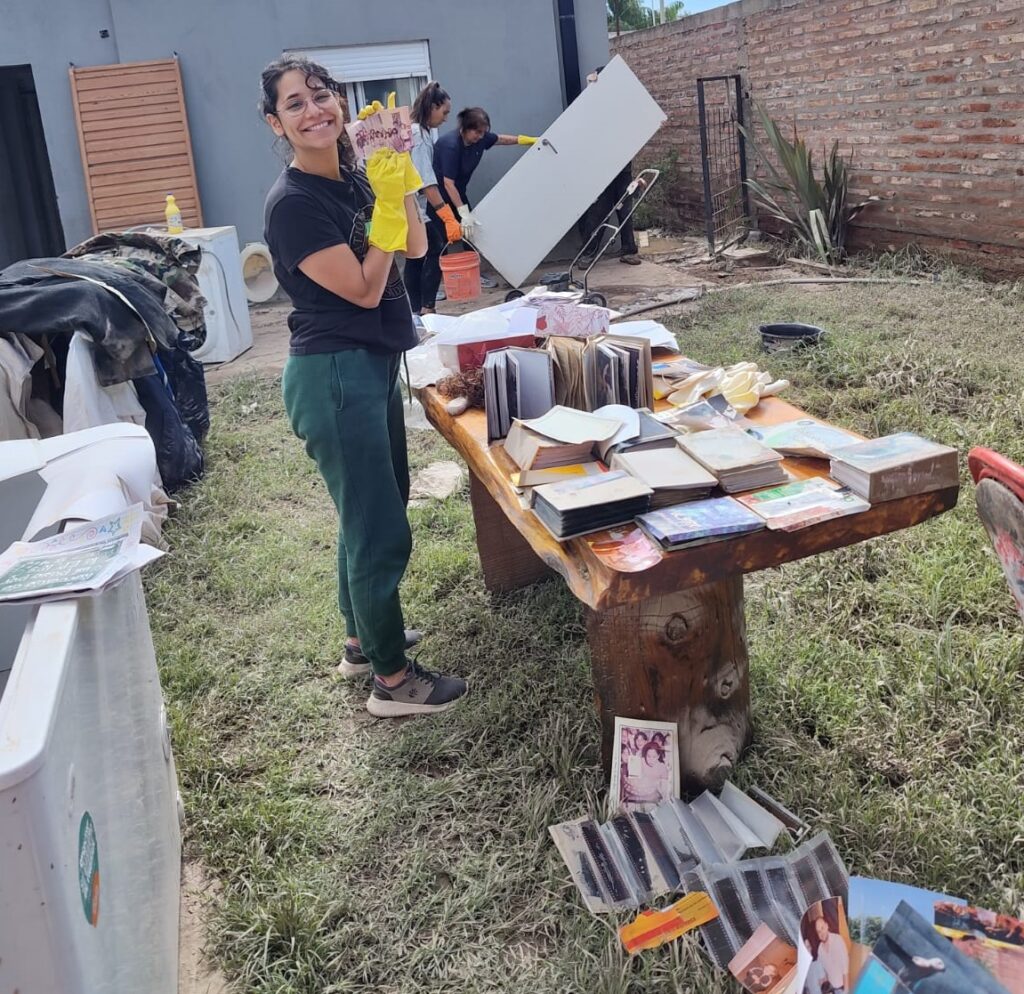
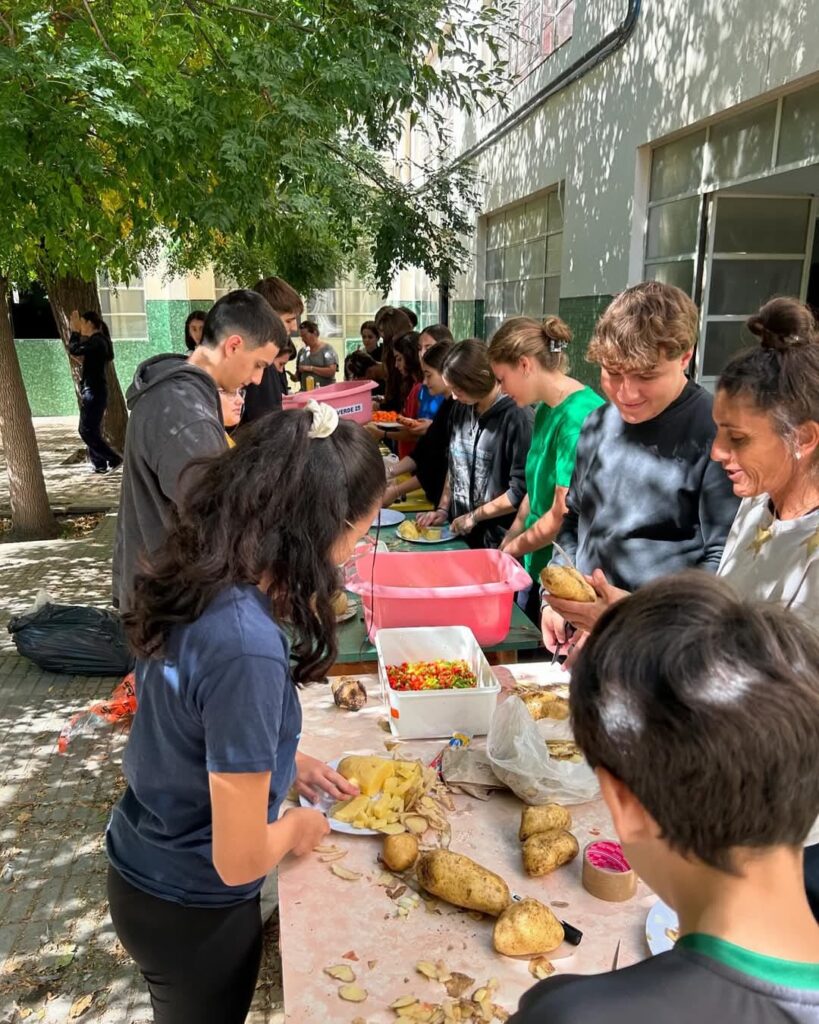
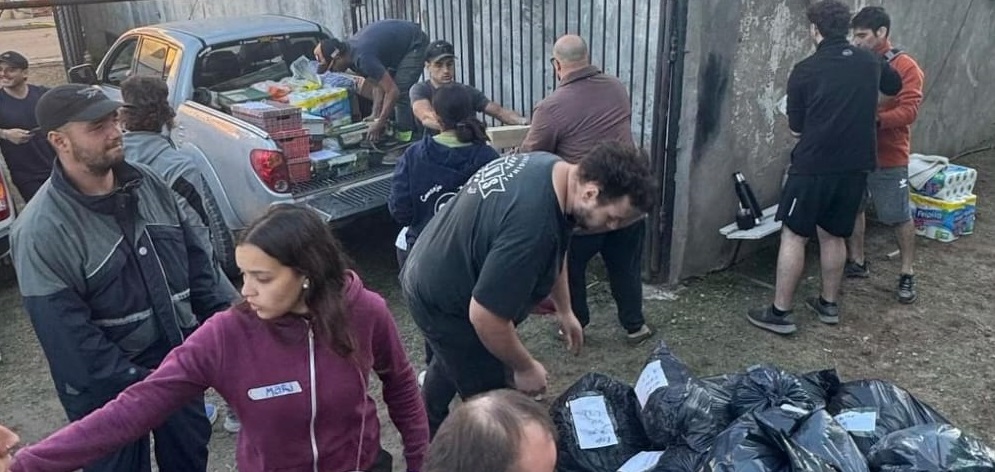
The only thing that mattered was what could be done with our hands: help remove water and mud from homes, clean, tidy up, look for rags, buckets of water, disinfectant, take the injured to health centres, take care of pets, accommodate people who had lost everything, offer strength, encourage, hug, share suffering. No one complained but said, “It was very difficult for me, but in comparison to what happened to others…”
While I was helping some friends, a couple approached and distributed pasties, others came with drinks. Those who had an electricity generator offered to recharge mobile phone batteries. Others provided pumps to drain flooded areas. An optician donated glasses to those who had lost theirs. A woman distributed disinfectant, a doctor made house calls, a man offered his services as a bricklayer and another as a mechanic. Everything was shared: candles, food, clothes, nappies, mattresses, drinking water, brushes and hands – countless hands.
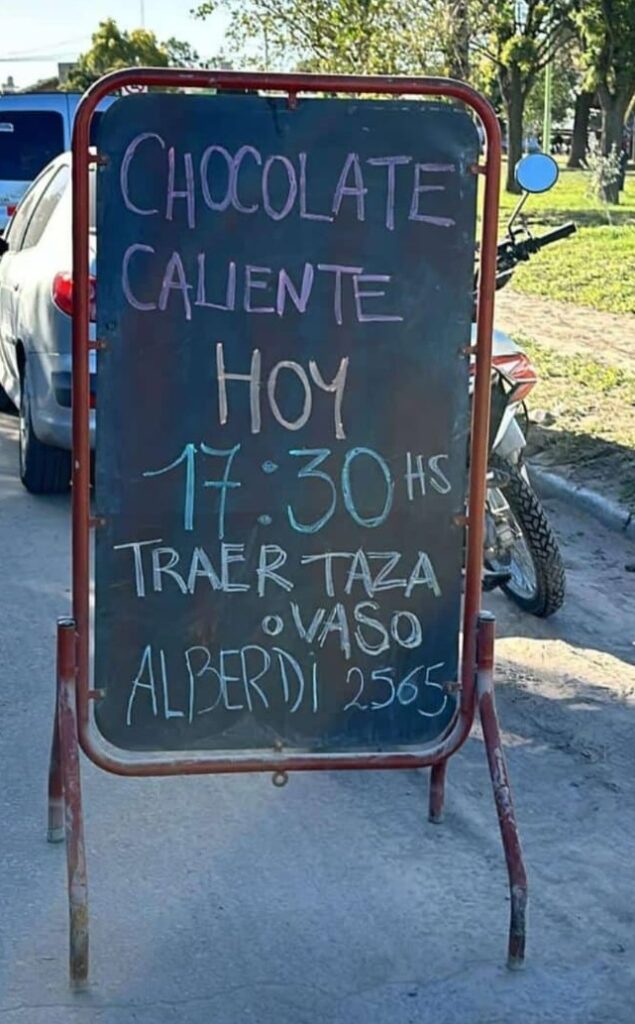
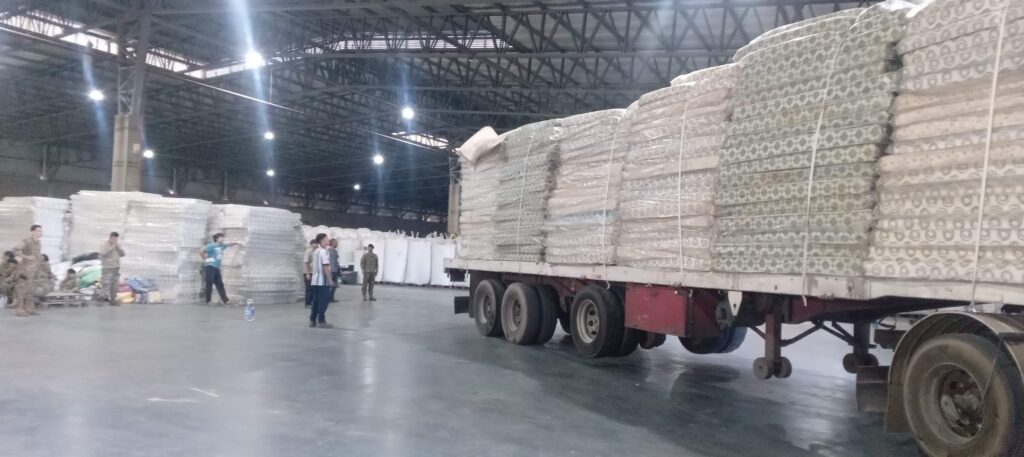
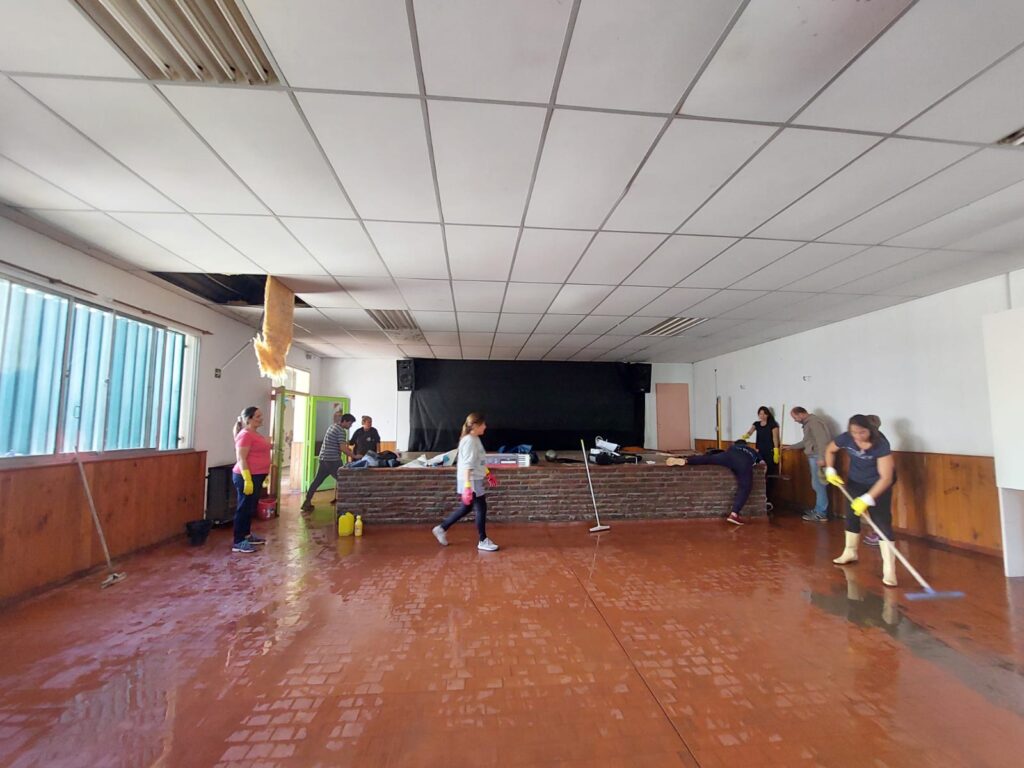
And then came the solidarity of the whole country and of people from all over the world. By truck, by train, by bus, in vans… tons of donations, which needed more volunteers for loading, unloading, sorting and delivery. Volunteers kept multiplying. And also money, donated with great generosity. Parishes, clubs, schools, companies, all the existing organizations gave everything they could. Generous financial donations also arrived. Parishes, clubs, schools, businesses—every organization gave everything they could. And then, another kind of organization emerged: groups of friends. Like makeshift “patrols,” each group took charge of a section of the city where government aid would likely take longer to arrive. Even now, they continue going door to door, recording every need and ensuring that help arrives swiftly.
All the hands of these people, whether they knew it, believed it, or even imagined it, have become “divine hands”. Because they were the most tangible way God could reach those in need. Personally, I experienced deep anxiety not knowing if my siblings or friends were safe. I wanted to reach them, but it was impossible. So I decided to help wherever I could. I called it my “square metre.” Later, I finally managed to reach my loved ones, only to discover that others, strangers, had helped them where I could not.
Days later, some parts of the city are still under. The suffering and difficulties continue. The losses have been immense. Everywhere you meet people with big dark circles under their eyes and aching muscles from working almost without rest. But with their hearts wide open and a fullness in their eyes, for having given everything for others.
Juan Del Santo (Bahía Blanca, Argentina)
Photo: © Focolari Bahia Blanca

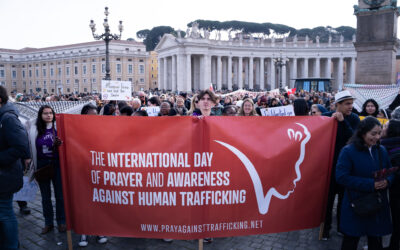

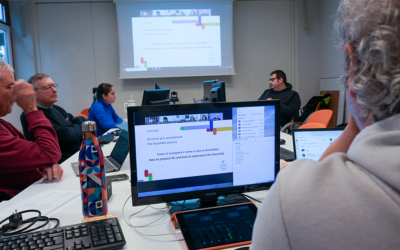
0 Comments